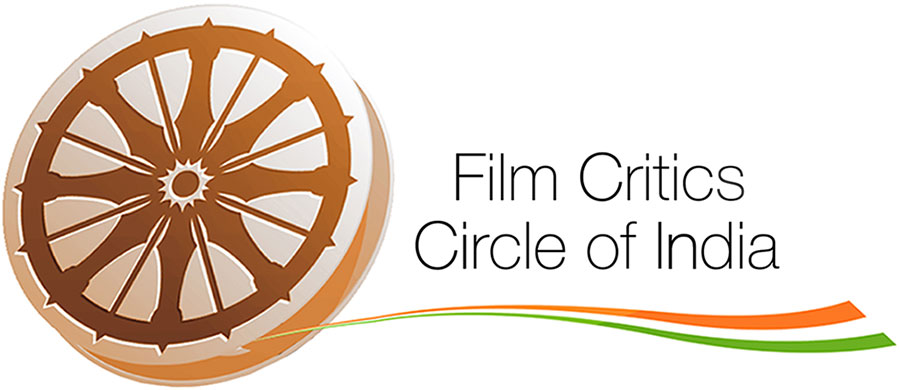Dev Anand — yesterday was another day
Amit Khanna | Sep 26
 Dev Anand was Dorian Gray, Peter Pan and matinee idol all rolled into one. There may only be a handful of actors or filmmakers anywhere in the world whose career spanned 7 decades. Dev Saab, as he is still remembered, was one of the most positive persons I have ever met… He was also that rare star in India who replied to letters and answered phone calls.
Dev Anand was Dorian Gray, Peter Pan and matinee idol all rolled into one. There may only be a handful of actors or filmmakers anywhere in the world whose career spanned 7 decades. Dev Saab, as he is still remembered, was one of the most positive persons I have ever met… He was also that rare star in India who replied to letters and answered phone calls.
Aparna Sen — a river plunging into its own depths
Darshana Goswami | Oct 25
 In her multiplicity of roles as the scriptwriter, director and actor, Aparna Sen apparently resembles Prospero, the Duke of Milan, the magician, the creator and controller of events and at the same time, very much a part of those events. But, in essence, she is more akin to Ariel, the spirit of the air.
In her multiplicity of roles as the scriptwriter, director and actor, Aparna Sen apparently resembles Prospero, the Duke of Milan, the magician, the creator and controller of events and at the same time, very much a part of those events. But, in essence, she is more akin to Ariel, the spirit of the air.
Muzaffar Ali — opulent decadence
Amborish Roychoudhury | Oct 21
 One film that weaves Muzaffar Ali’ two obsessions — poetry and the Awadhi culture — into an elegant bundle of storytelling is Umrao Jaan, his magnum opus.
One film that weaves Muzaffar Ali’ two obsessions — poetry and the Awadhi culture — into an elegant bundle of storytelling is Umrao Jaan, his magnum opus.
Mysskin — missing the forest for the trees
S Viswanath | Sep 20
 While films of the genre of Mysskin’s may make handsome material for contemporary critical discourses on flawed individuals and society at large, raising false hopes of acceptance of judiciously unpardonable crimes committed by the protagonist who in real life has to pay the price for such heinous acts, in reality they cannot be so easily dismissed and one needs to take a very strong stand against such films, the nature of their on-screen violence, and the absurd play of narratives that they bring into their equally trite and mundane tales.
While films of the genre of Mysskin’s may make handsome material for contemporary critical discourses on flawed individuals and society at large, raising false hopes of acceptance of judiciously unpardonable crimes committed by the protagonist who in real life has to pay the price for such heinous acts, in reality they cannot be so easily dismissed and one needs to take a very strong stand against such films, the nature of their on-screen violence, and the absurd play of narratives that they bring into their equally trite and mundane tales.
SPB — tenor nonpareil
S Viswanath | Oct 26
Here once was a colossus cultural phenomenon nonpareil — SPB — a peerless performer par excellence whose magical, mellow voice saw legions of listeners drawn like bees to a honeycomb, as if a Pied Piper has cast a spell upon them to transport them to an Elysian world…
… Like many of the other greats before him whose works still resonate and reside with us, quite many of the innumerable songs of this gentle genius genie have become a part of our collective conscience and shall for a very long time becalm and be a balm to soothe the void.
